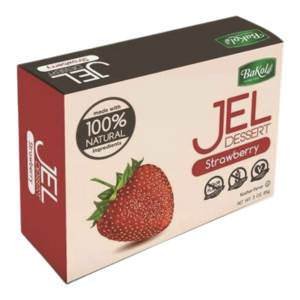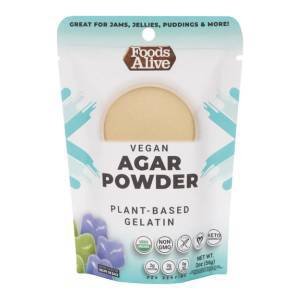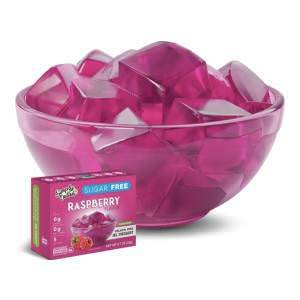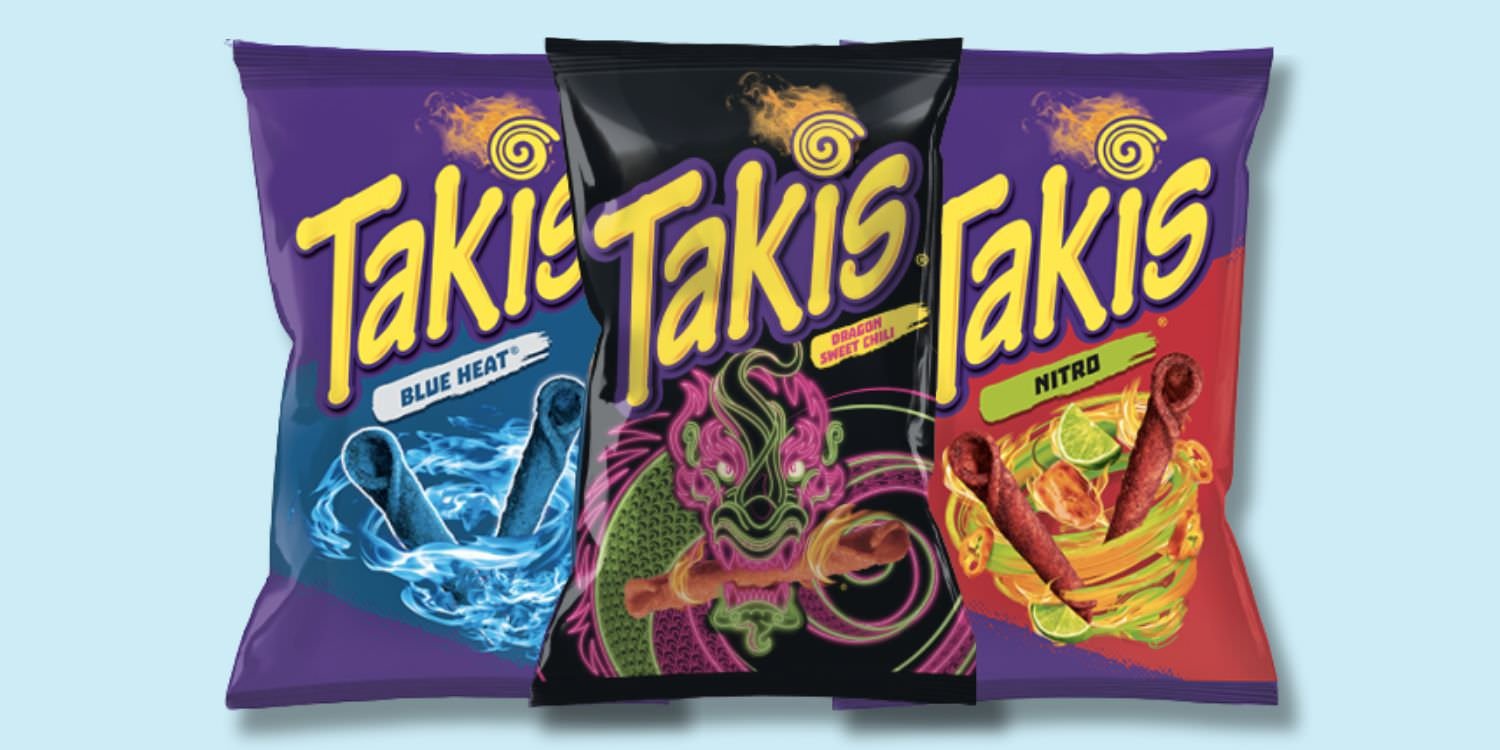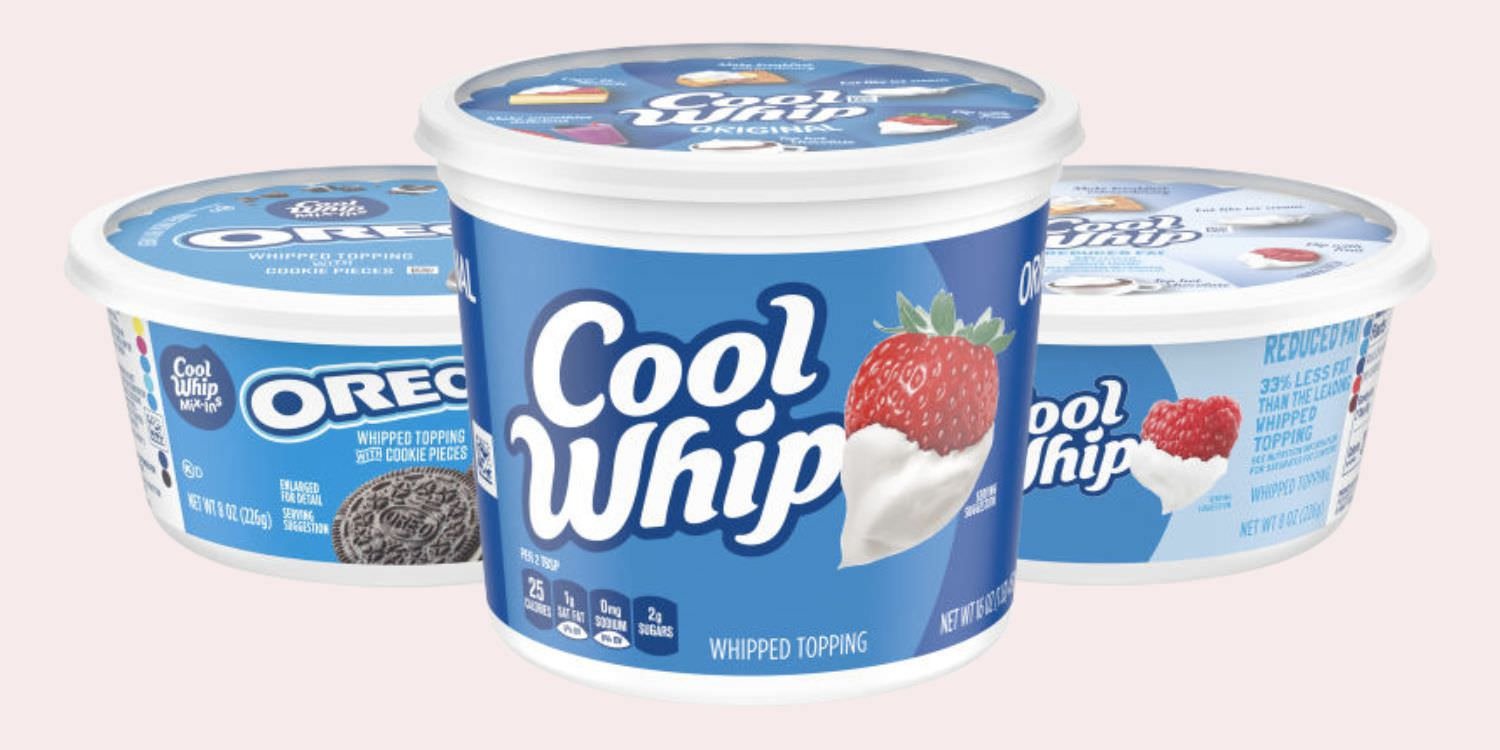Is Gelatin Vegan?
What is Gelatin?
If you've ever had Jell-O, jelly, marshmallows, pudding, gummy candies, cream cheese, gravy, ice cream, or hard candy, you've very likely tried gelatin before. When combined with hot water, it gels and increases the viscosity of whatever food it's mixed with. Although this odorless, tasteless, and colorless substance is easy to miss, its unique texture makes it a key element for the production of certain foods.
Gelatin powder is a gelling and thickening agent that provides a smooth, bouncy, or gel-like texture in a variety of confections. It's moderately difficult to replace in today's processed food items. That's because gelatin is cheap, effective, versatile, and a byproduct of the massive animal agriculture industry.
What is Traditional Gelatin Made Of?
Gelatin is often made of animal bones, skin, and connective tissue (typically from cows or pigs). These body parts contain animal collagen, which is what gives this substance its unique texture. Thankfully, although this byproduct is used in countless store-bought foods, it is not indispensable, and there are effective and affordable plant-based alternatives to gelatin.
The Meat Industry and Traditional Gelatin Production
After an animal is slaughtered, their skin and skeleton is sent to a gelatin processing plant. It's then boiled to extract the collagen and convert it into gelatin. This substance is processed into gelatin sheets, flakes or into a powdered form. These products are then sent to beauty or food companies to be used in a wide variety of haircare products, desserts, snacks, sauces, cosmetics, and makeup.
Although animals are not slaughtered specifically for gelatin, purchasing these products still directly supports the industries that have exploited these animals. Byproducts like gelatin, whey, lard, and others are all sold to a wide range of industries, thus benefiting animal agriculture.
What is Kosher and Halal Gelatin?
If you ever come across Kosher gelatin, this simply means that it's compliant with Hebrew dietary law, and its production process was overseen by a rabbi. Meanwhile, Parve gelatin was likely extracted from fish or eggs, instead of cows or pigs. Kosher D gelatin, on the other hand, may have been manufactured on the same machinery as were dairy products. Finally, halal gelatin was produced using any animal other than pigs.
Needless to say, none of these options are vegan-friendly, and these labels should not be considered an indicator of plant-based products. These varieties are just as harmful to animals as regular gelatin.
Why Is Gelatin Not Vegan?
Gelatin is an animal product, made with skin, bones, and connective tissue, so it cannot be considered vegan. If you've come across a vegan gelatin-like product, it may have been produced with a plant-based substance that shares this gel-like texture. Keep reading to find out which vegan-friendly ingredients can replace animal gelatin!
What Is Vegan Gelatin Made Of?
There are two popular vegan gelatin substitutes, which work just as well, or sometimes even better than collagen-based gelatin. Check them out below!
Carrageenan
Seaweed is the most common type of plant used to produce a gelatinous texture in foods. However, carrageenan (typically derived from Kappaphycus alvarezii, K. striatum, or Eucheuma denticulatum) may be the most popular variety used in processed food products today. It has been used in vegan-friendly candies, supplement capsules, milks, ice cream, and other creamy, chewy foods.
Although this is not an issue for everybody, there is concern about the potential negative effects of carrageenan on the gastrointestinal system, namely in those suffering from IBS and IBD. It's believed to produce bloating and inflammation. If you suffer from any stomach issues, please consult your doctor before consuming products made with this ingredient.
Agar Agar
Meanwhile, agar agar, also derived from seaweed (specifically from red algae), seems to cause far fewer side effects. While the consumption of large amounts may still cause some gastrointestinal irritation, the amounts used in food does not pose a problem in most individuals.
This ingredient is typically used in Asian cuisine to make desserts like jellies, puddings, and custards. Although it's not always used to produce vegan-friendly foods, it is a great alternative that is 100% vegan, and is actually firmer and gummier than gelatin. This ingredient can also be used to improve the texture of bread loaves, ice creams, and marmalades.
If you've had negative experiences with carrageenan in the past, we'd still recommend you consult your healthcare provider before giving agar agar a try.
Vegan Jell-O Alternatives to Try Today!
If there's one food that requires a gelling agent, it's jello. Although most of us are familiar with the popular brand 'Jell-O', this product is made with gelatin, so it's not suitable for vegans. So, you may be wondering is there a vegan gelatin dessert?
Recently, a few brands have ventured beyond gelatin-based desserts, instead producing vegan alternatives that meat-free dieters can enjoy. Check out some of our favorites below!
Note: Keep in mind that these products are made out of seaweed extracts that may cause some gastrointestinal irritation in those who suffer from IBS or IBD. You'll want to check the label first, to make sure the ingredients fit your specific dietary needs.


